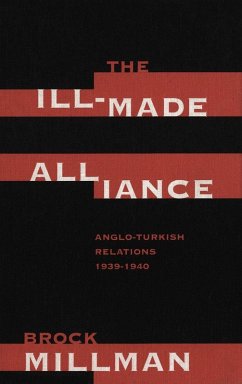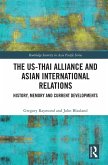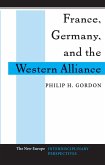In 1939, faced with the German invasion of Czechoslovakia and a growing Italian threat in the Balkans, Turkey and Britain (and later France) signed an alliance in which Turkey linked itself politically and militarily with Britain and France in exchange for financial assistance for its rearmament program. Despite the agreement, however, when the war came to the Mediterranean, Turkey did not become involved. Presenting a new interpretation of why the alliance failed, Brock Millman explores Anglo-Turkish relations leading up to the alliance of 1939, taking into account the broader economic, military, and strategic issues.While previous accounts suggest that Turkey entered into the alliance reluctantly, Millman contends that it not only wanted an alliance but sought as close a relationship as Britain would concede in the prewar years. He attributes the failure of the alliance mainly to Britain's lack of support, namely its inability to fit Turkey into its strategy in the Mediterranean, its failure to produce a coherent operational plan that could encompass Turkish military co-operation, and its unwillingness to provide Turkey with timely and much-needed financial, material, and industrial assistance.Divided into three parts, The Ill-Made Alliance examines the roots and course of the Anglo-Turkish rapprochement in the years 1934-38; the economic, military, and politic factors in 1938-39 that inhibited development of the emerging alliance to the point where it might have been fully functional; and the collapse of the alliance in 1939-40.
Dieser Download kann aus rechtlichen Gründen nur mit Rechnungsadresse in A, B, BG, CY, CZ, D, DK, EW, E, FIN, F, GR, HR, H, IRL, I, LT, L, LR, M, NL, PL, P, R, S, SLO, SK ausgeliefert werden.









